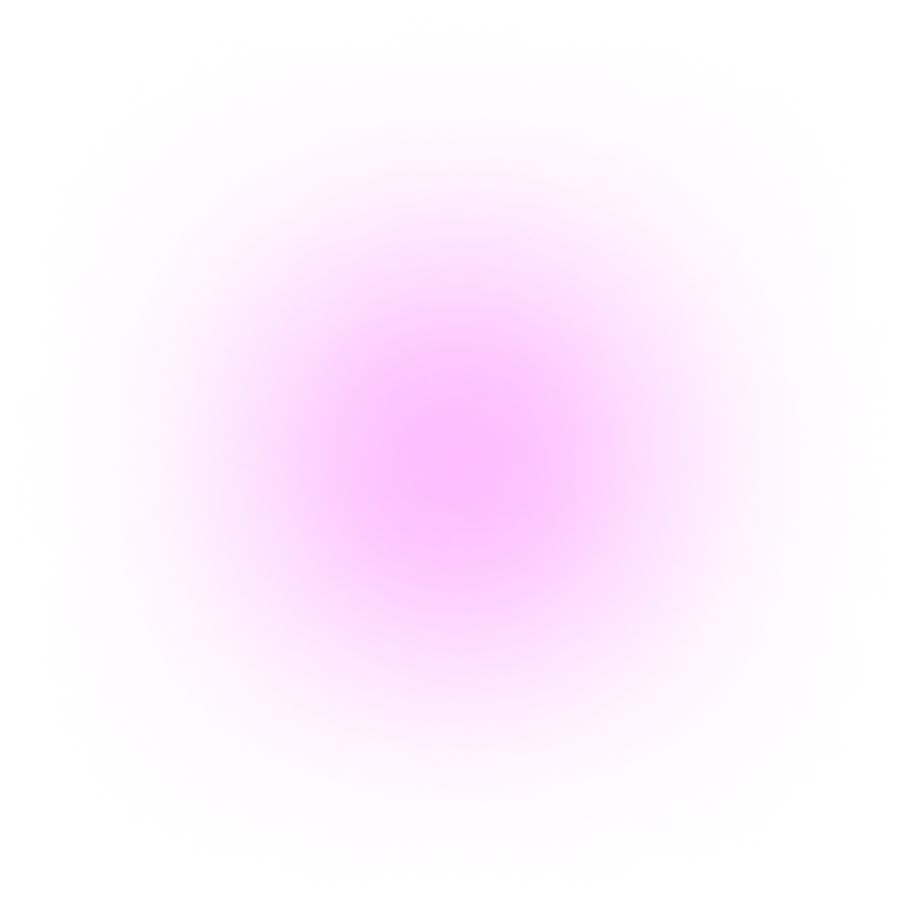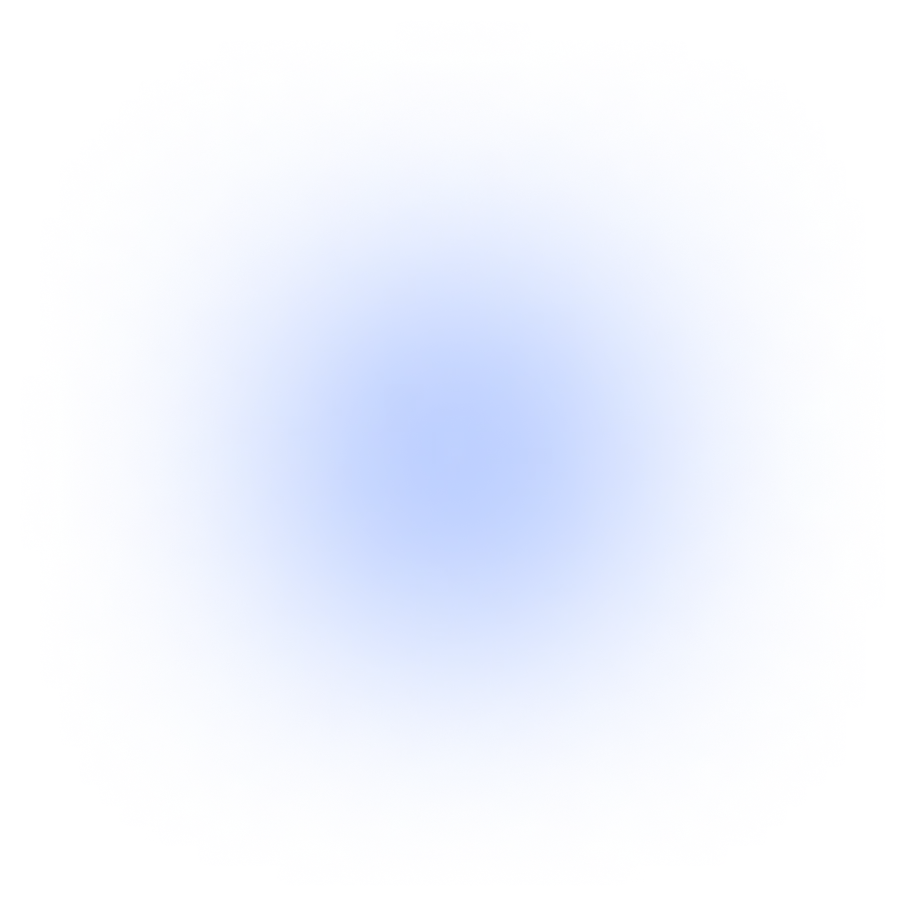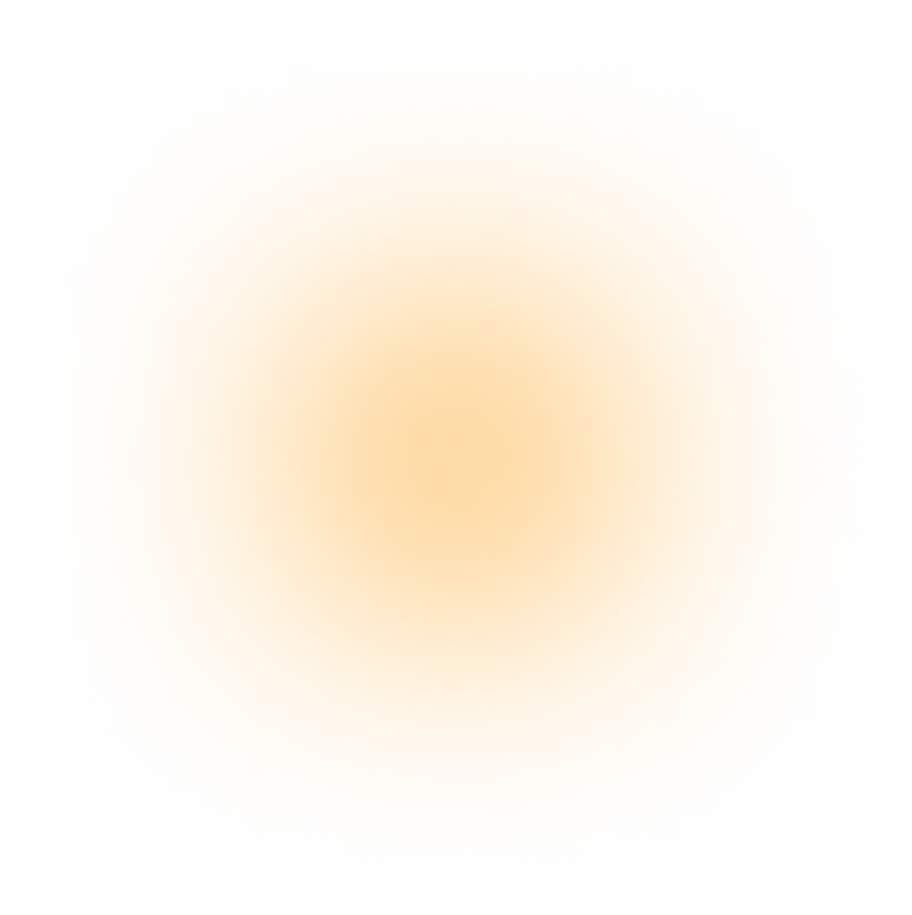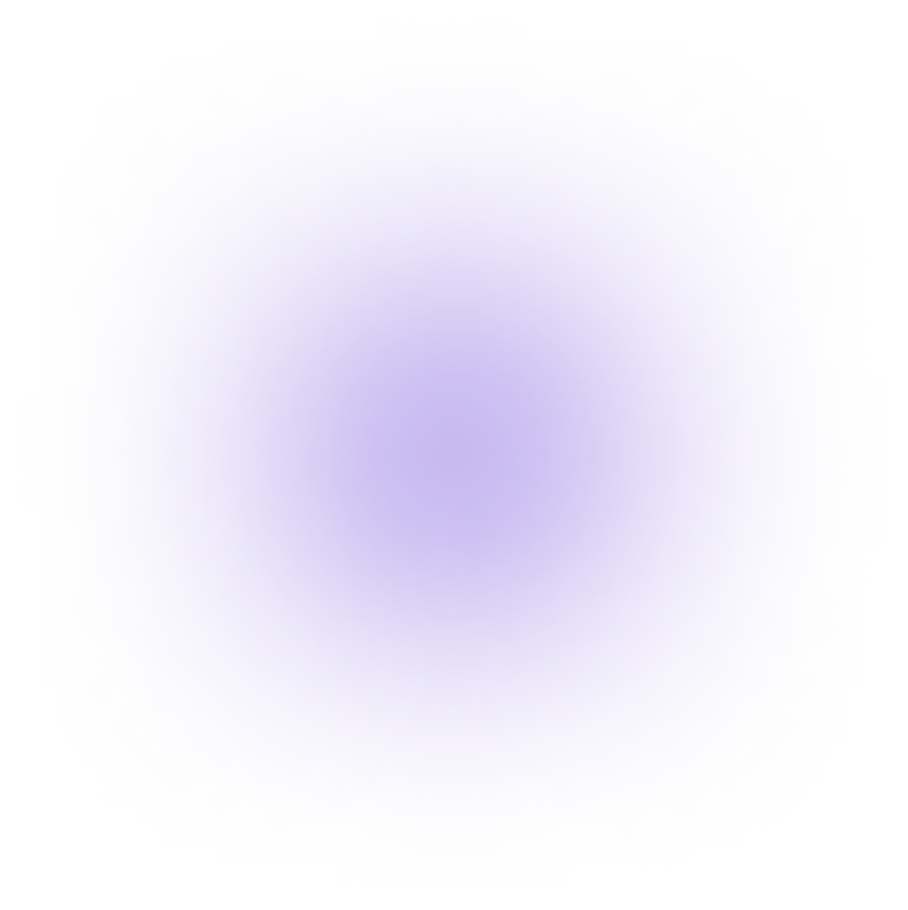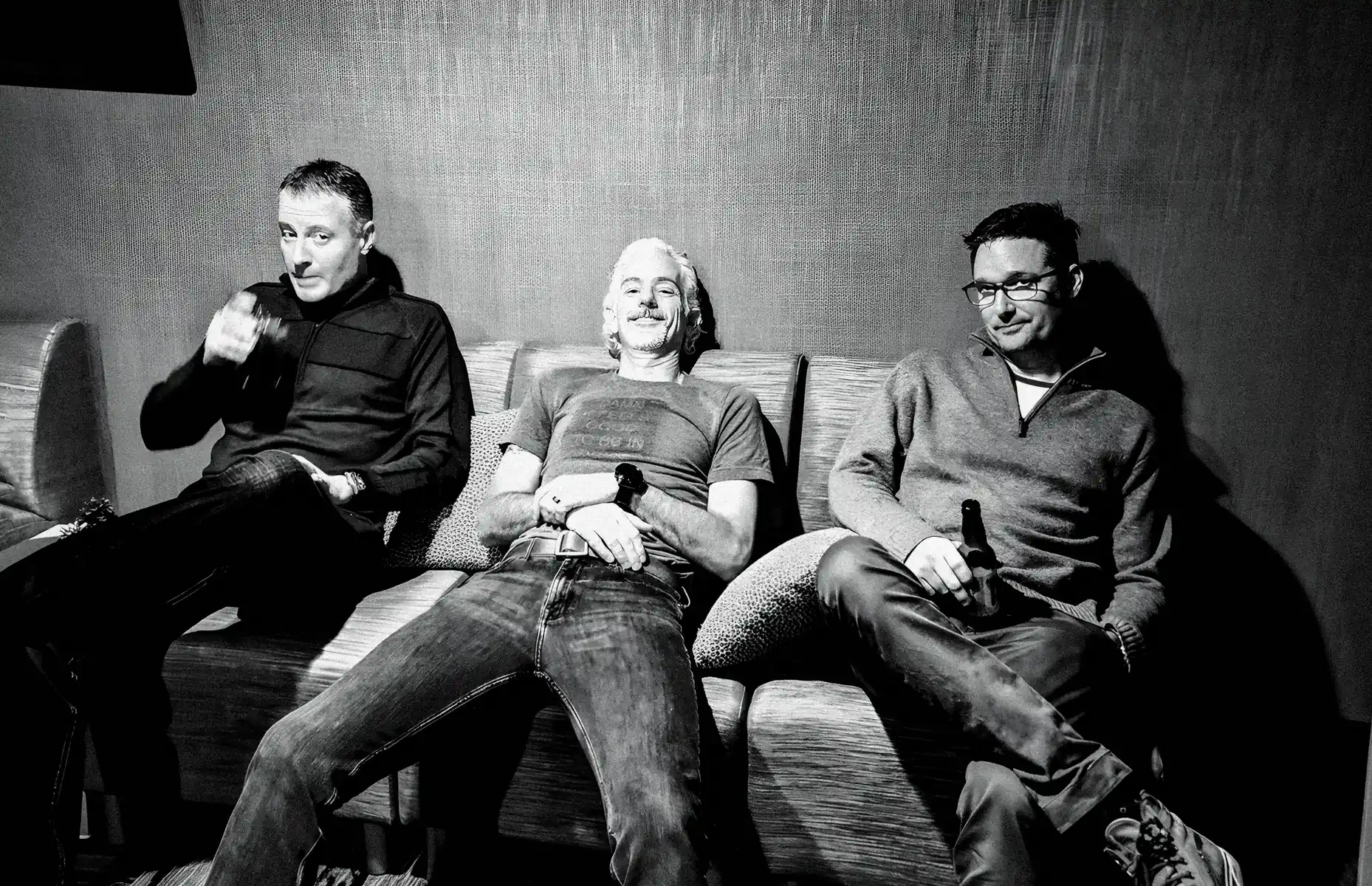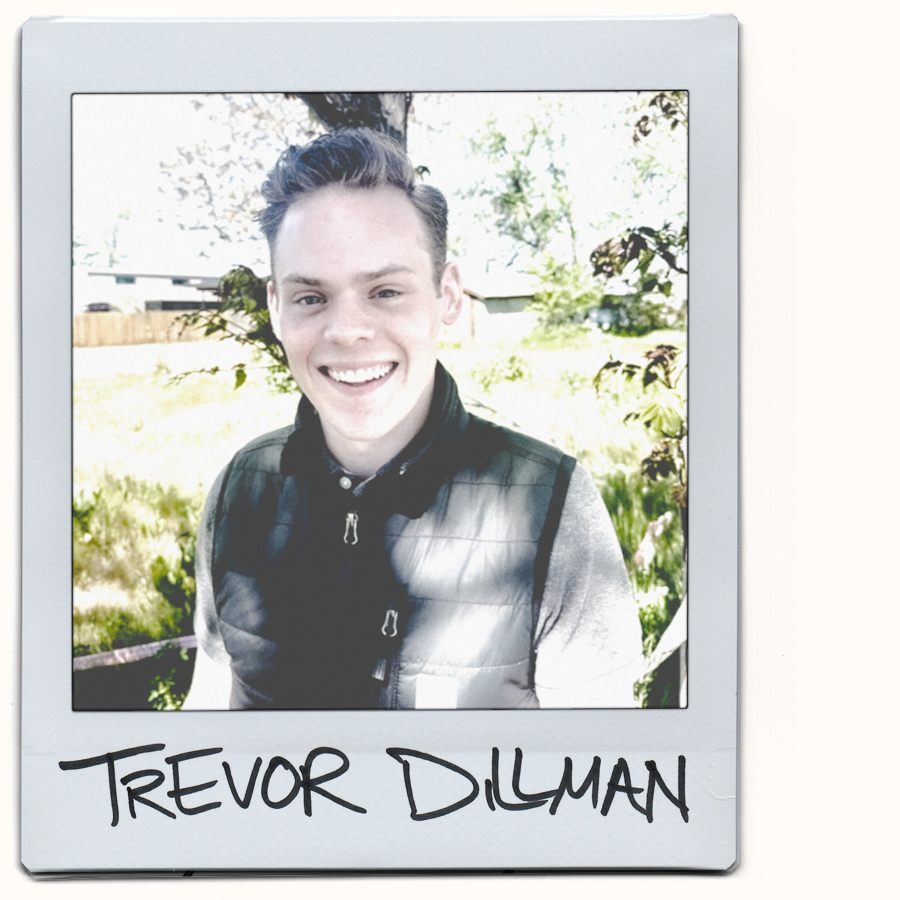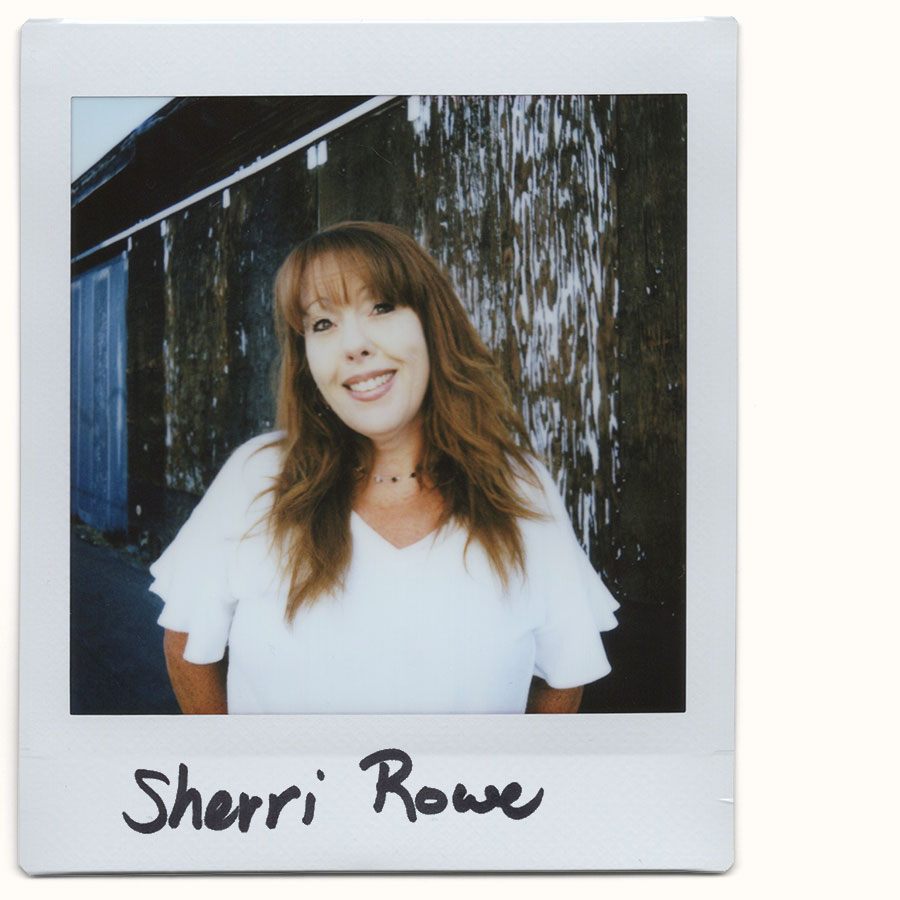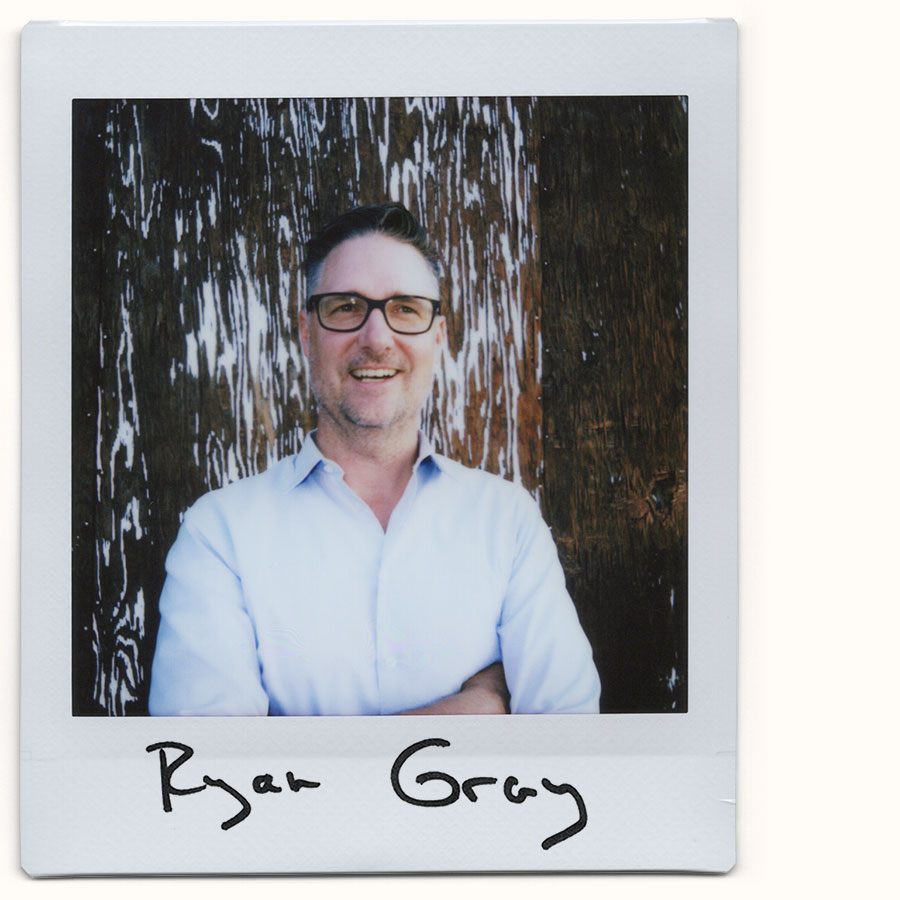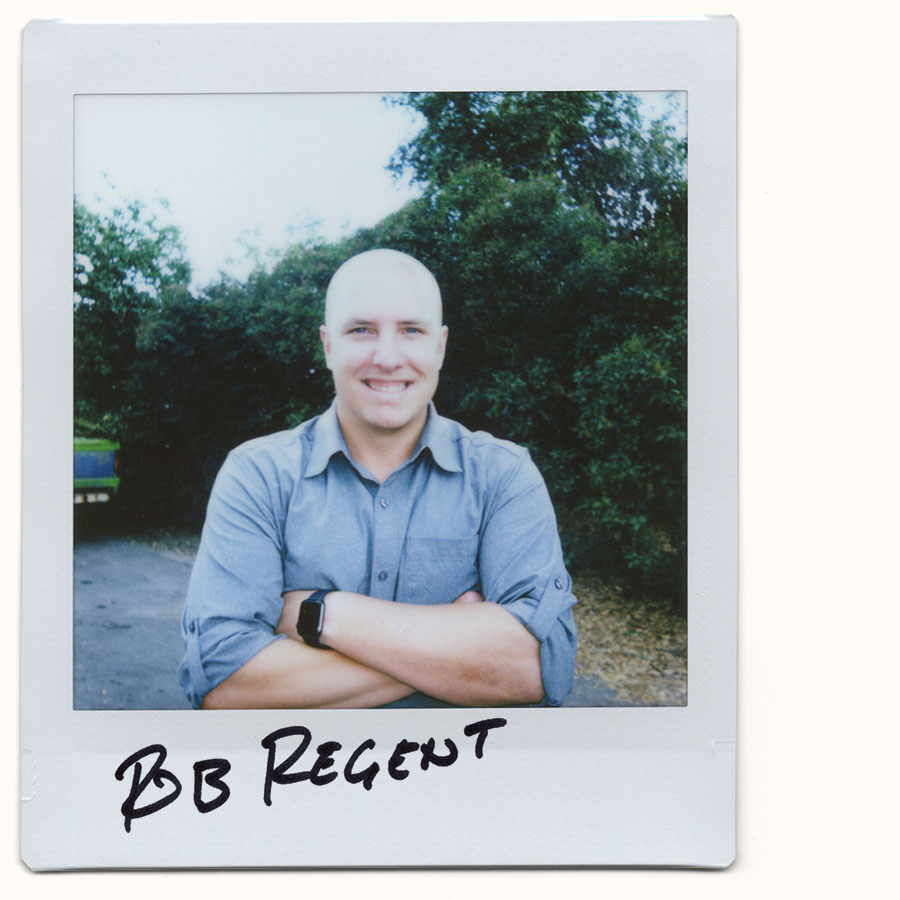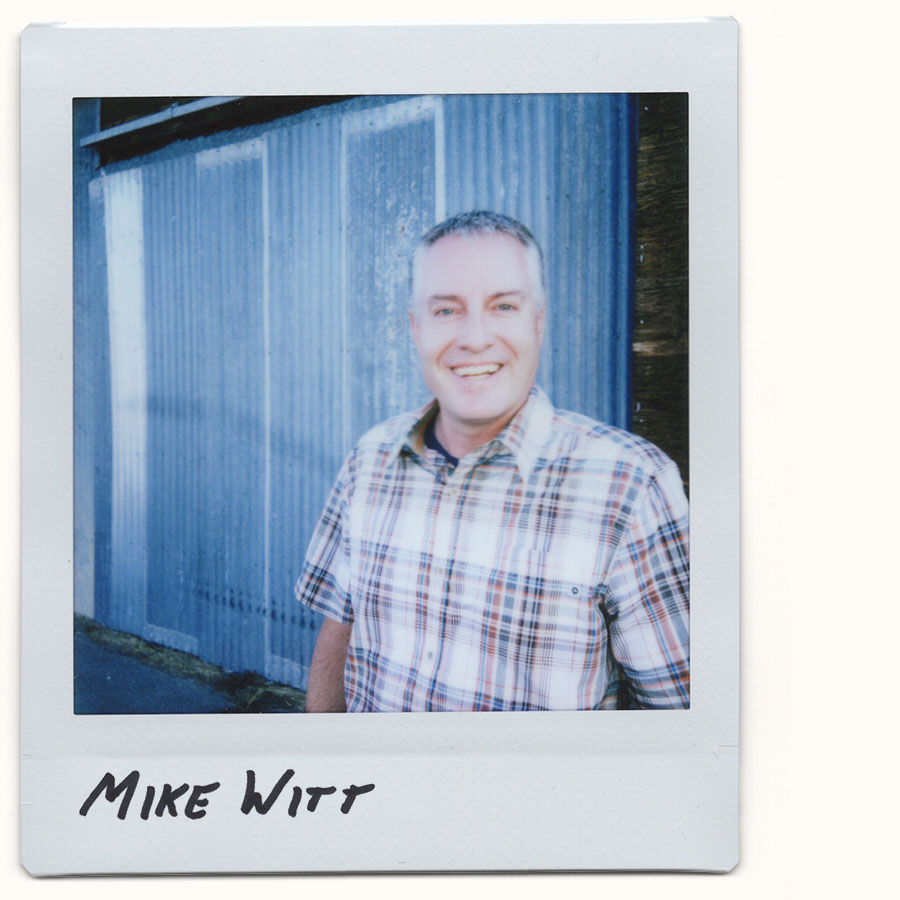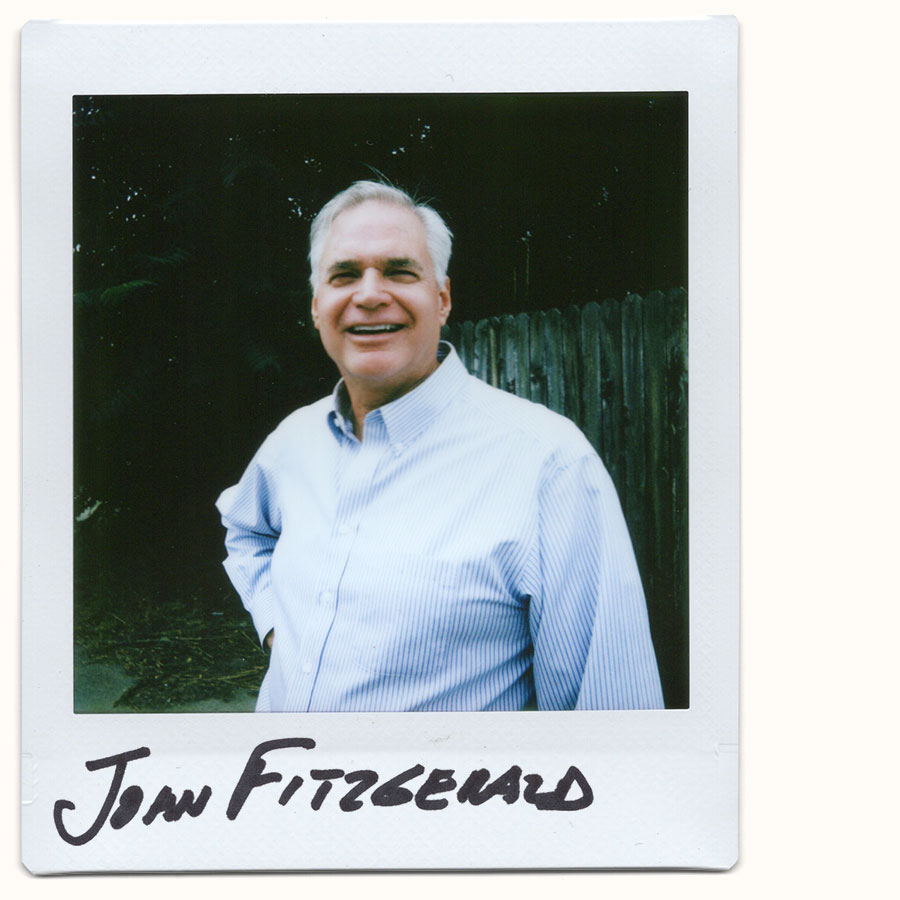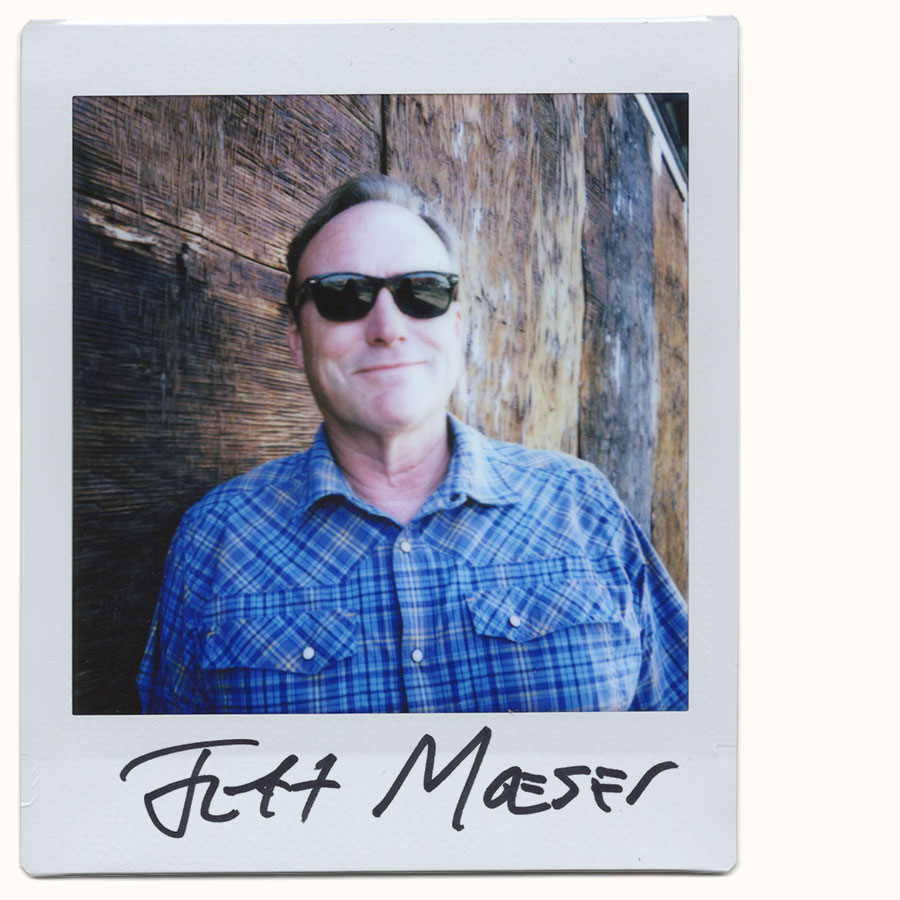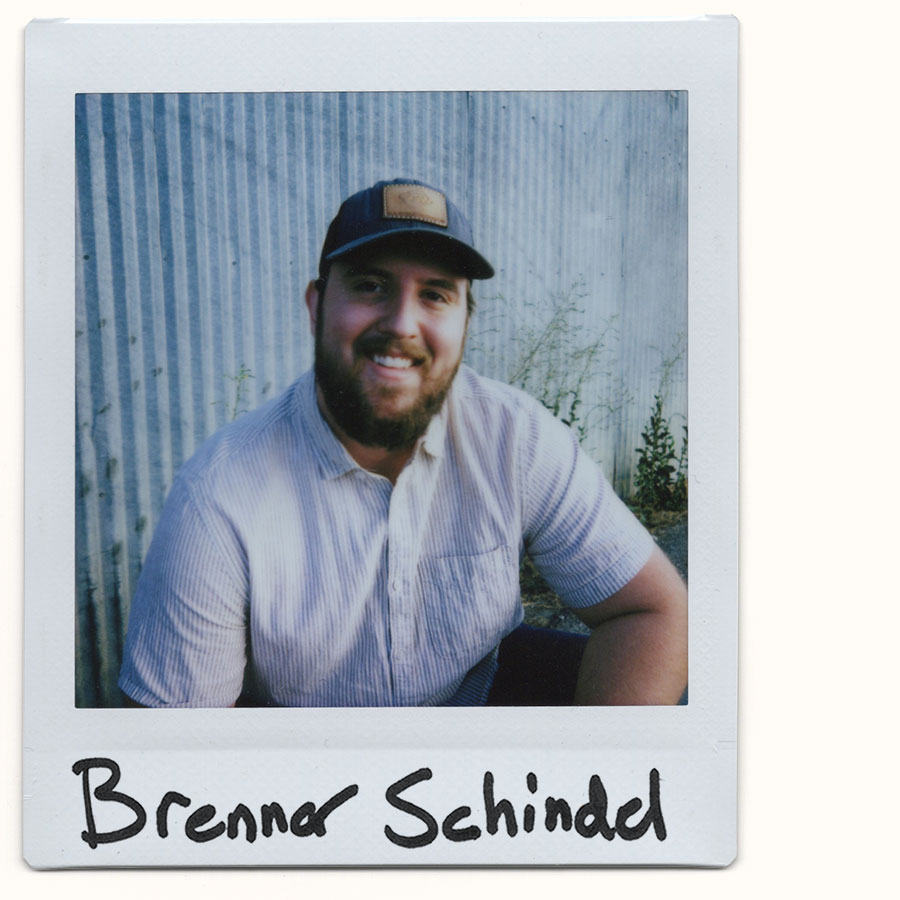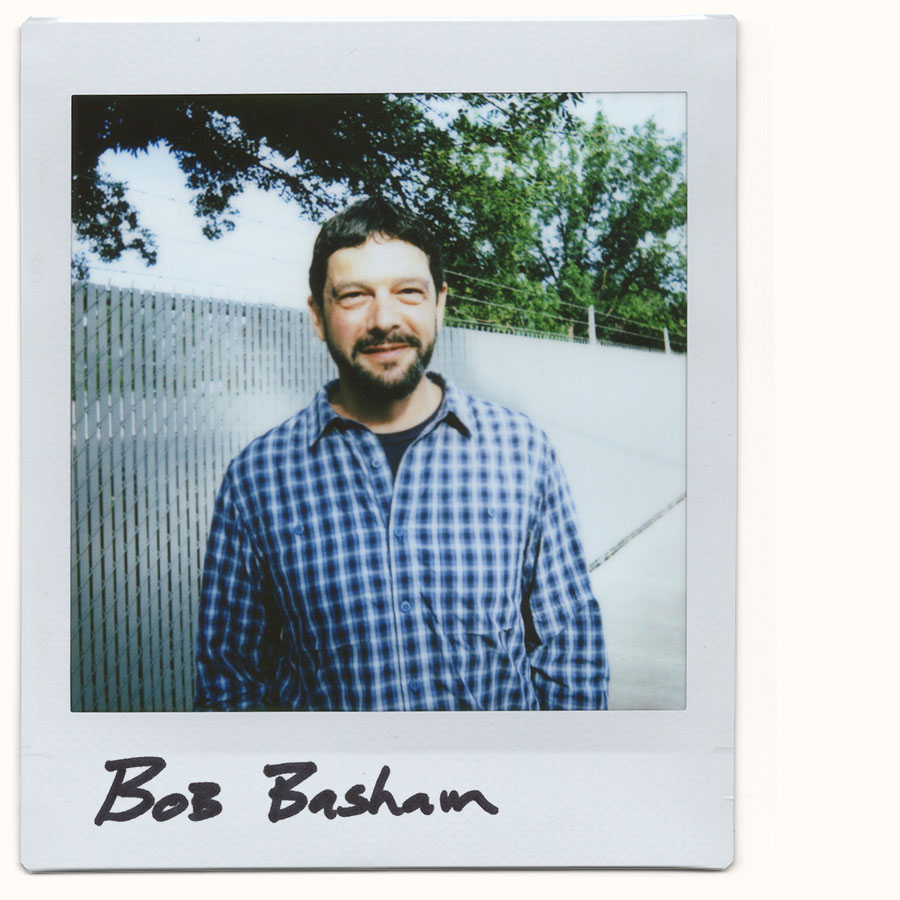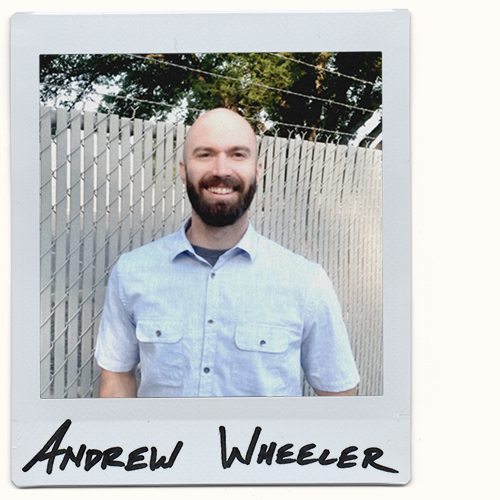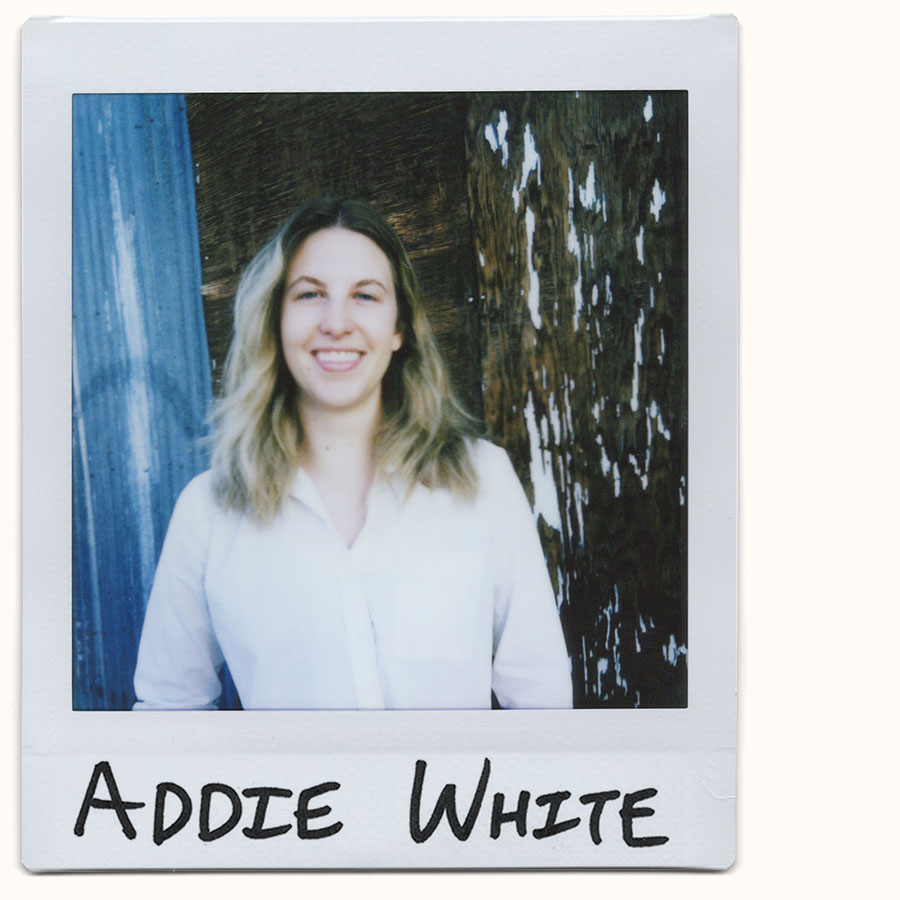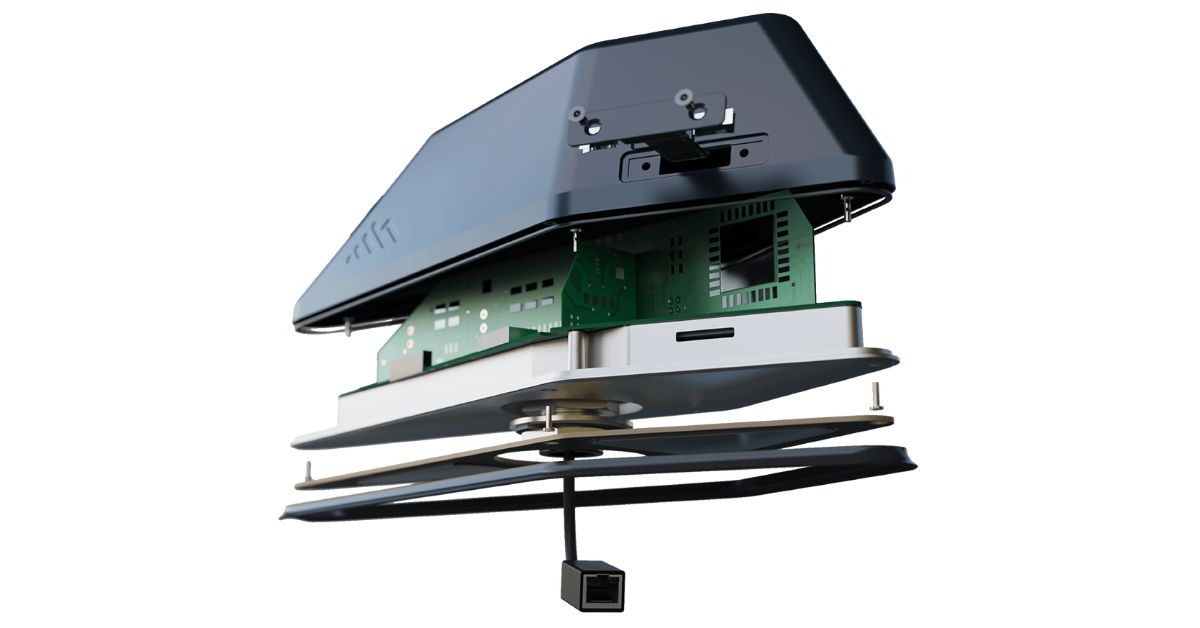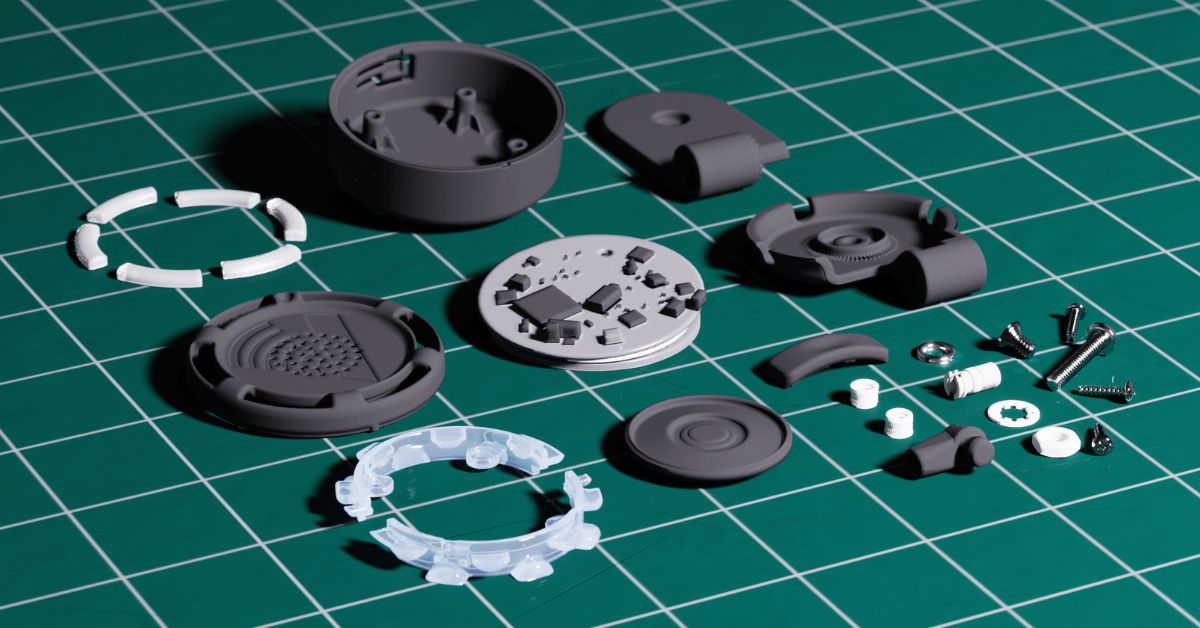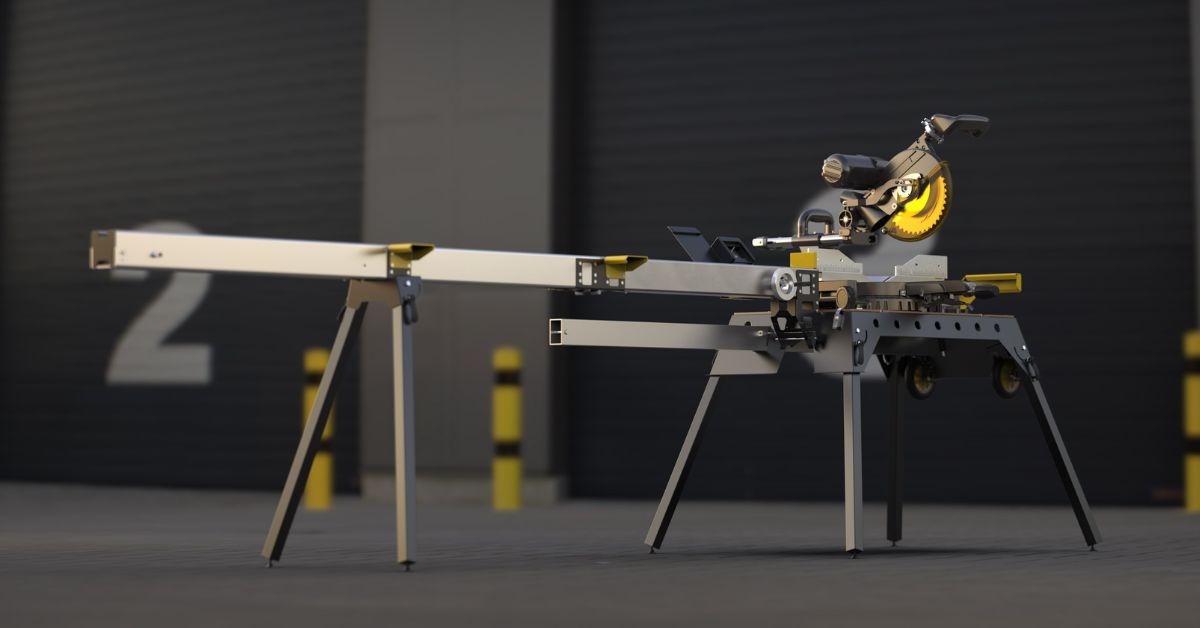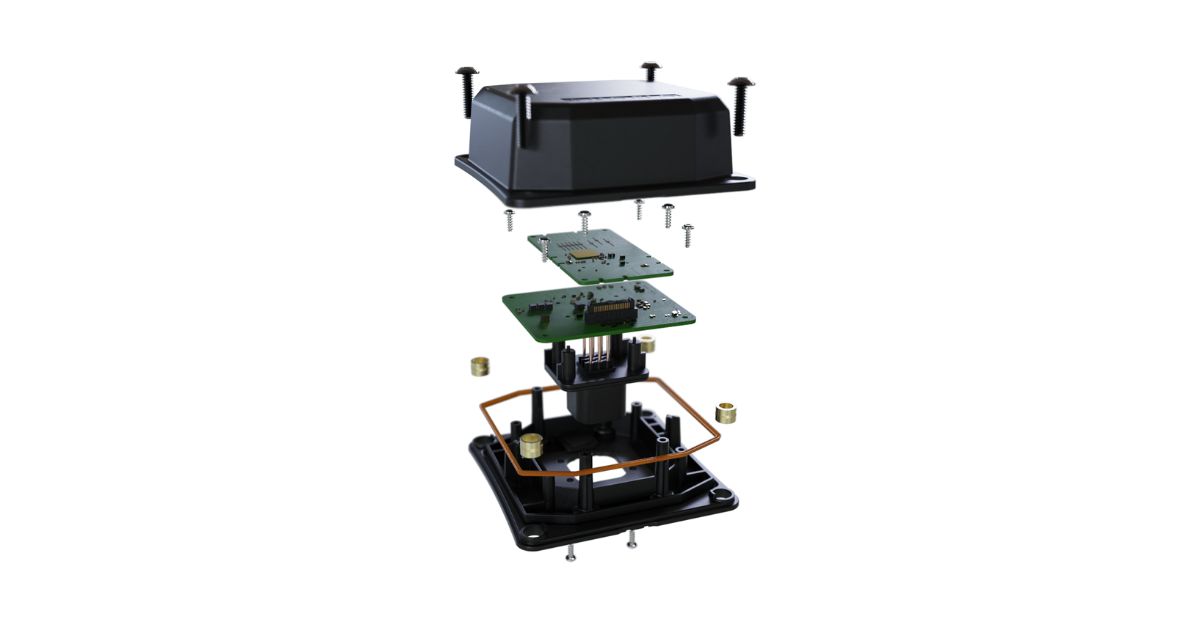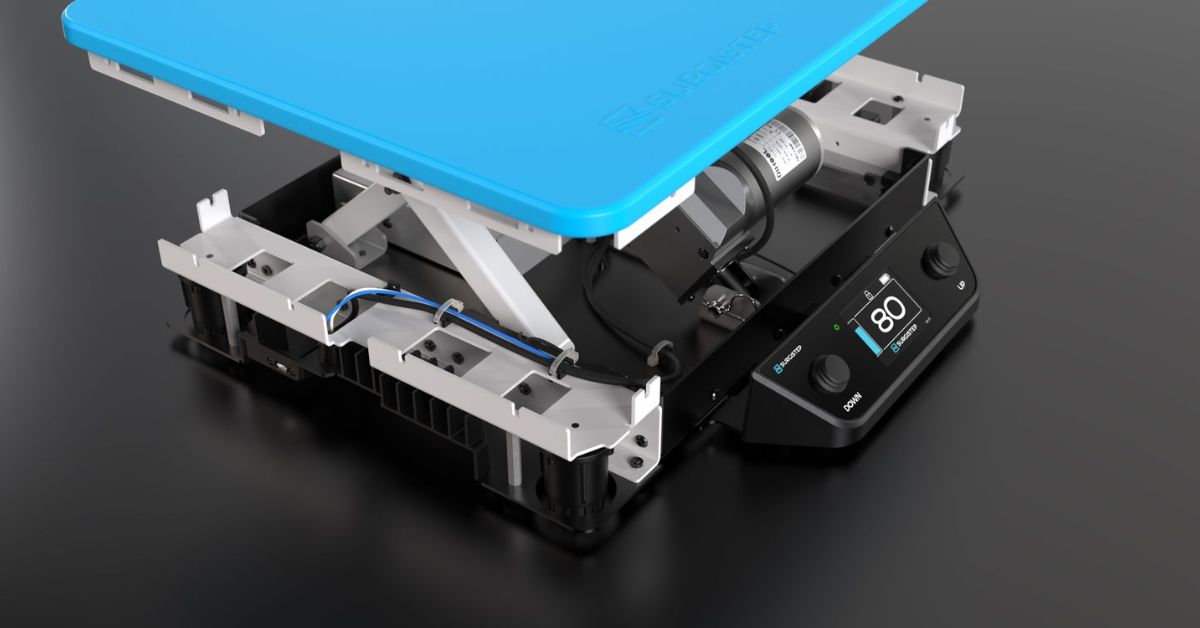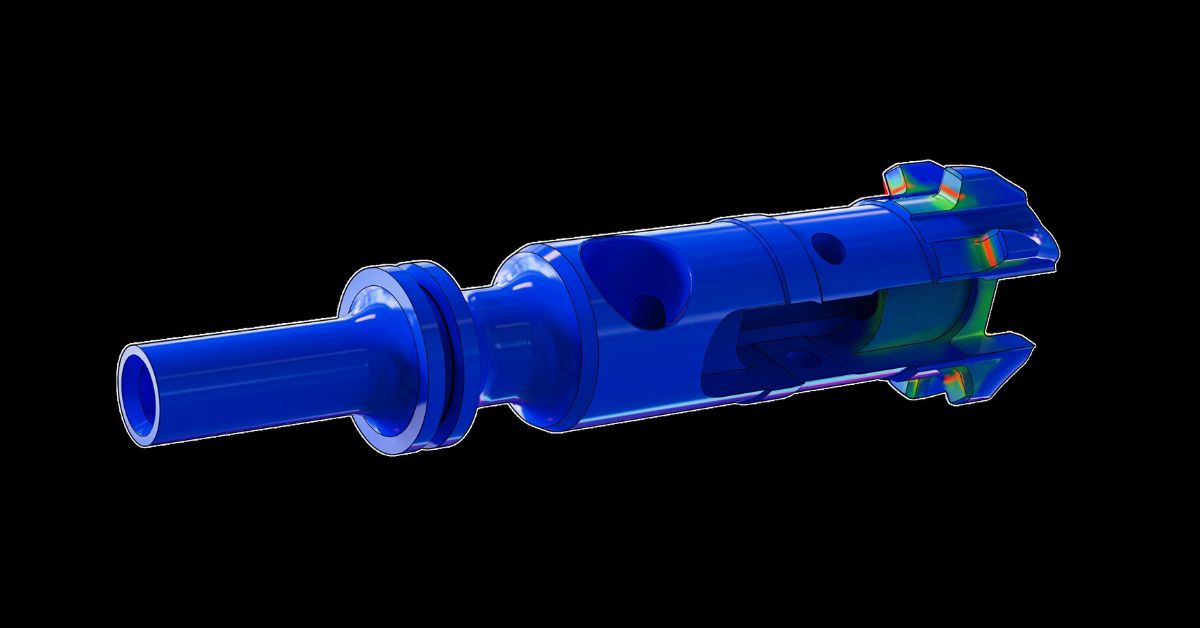Tasche Streib, Ryan Gray, and Mike Witt (SGW), united by their experiences in product development, noticed a glaring gap in the market for adept business solutions in product design and engineering. So, they set out to fill that void, kickstarting their venture from a modest coffee shop in Boise, Idaho.
In 2008, SGW Designworks began carving out its niche for insightful development and unfaltering integrity, and by 2012, their work was spotlighted in Eric Ries' NYT #1 Bestseller, "The Lean Startup." This recognition ignited the business's growth, expanding the team to over twenty creative and passionate members.
Today, SGW Designworks stands as a powerhouse for comprehensive product design and engineering solutions, catering to businesses of all scales. On any given day, SGW has ten to twenty active projects spanning industrial design, mechanical, electrical, firmware, software, machine design, fabrication, research, prototyping, and manufacturing management. We have a particular knack for ruggedized industrial and consumer products, specializing in intricate electromechanical products and bespoke equipment.

